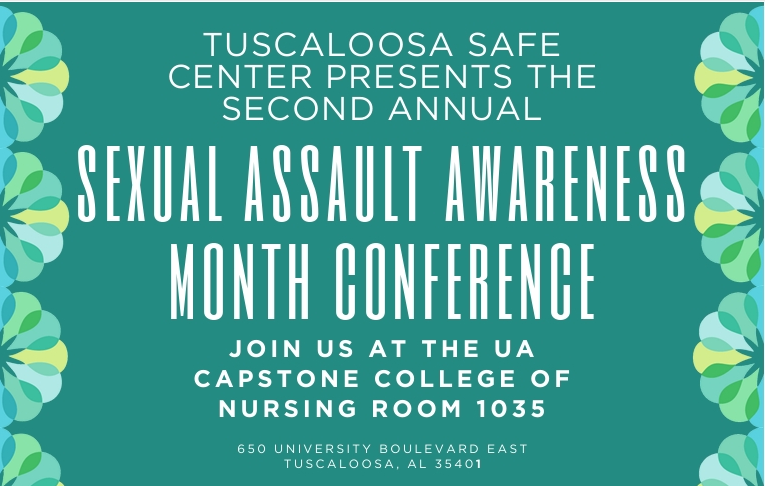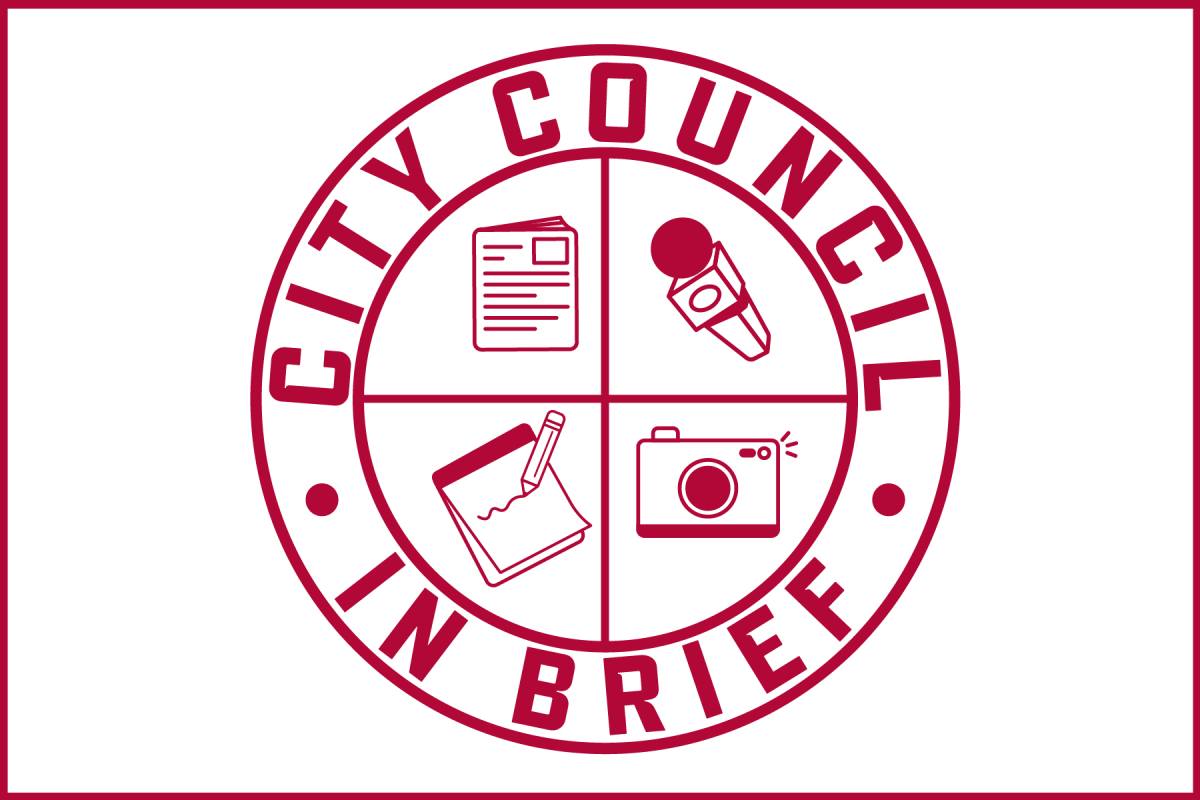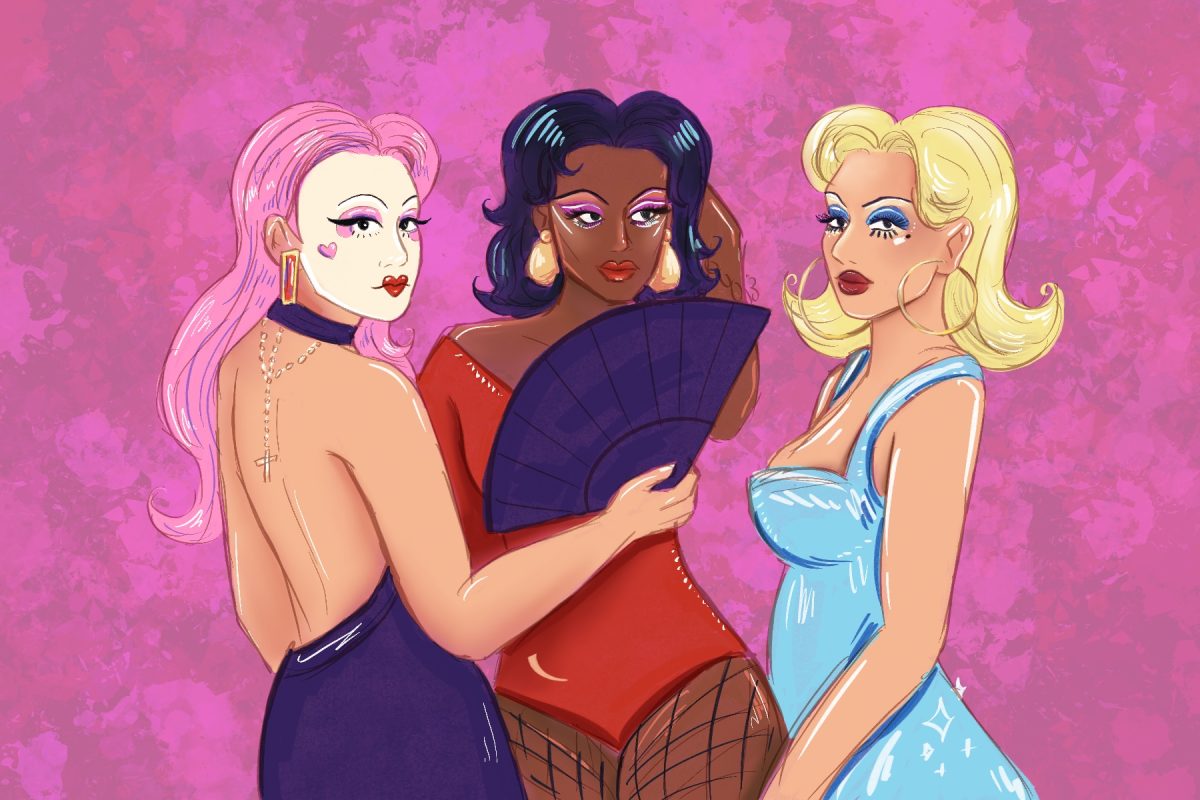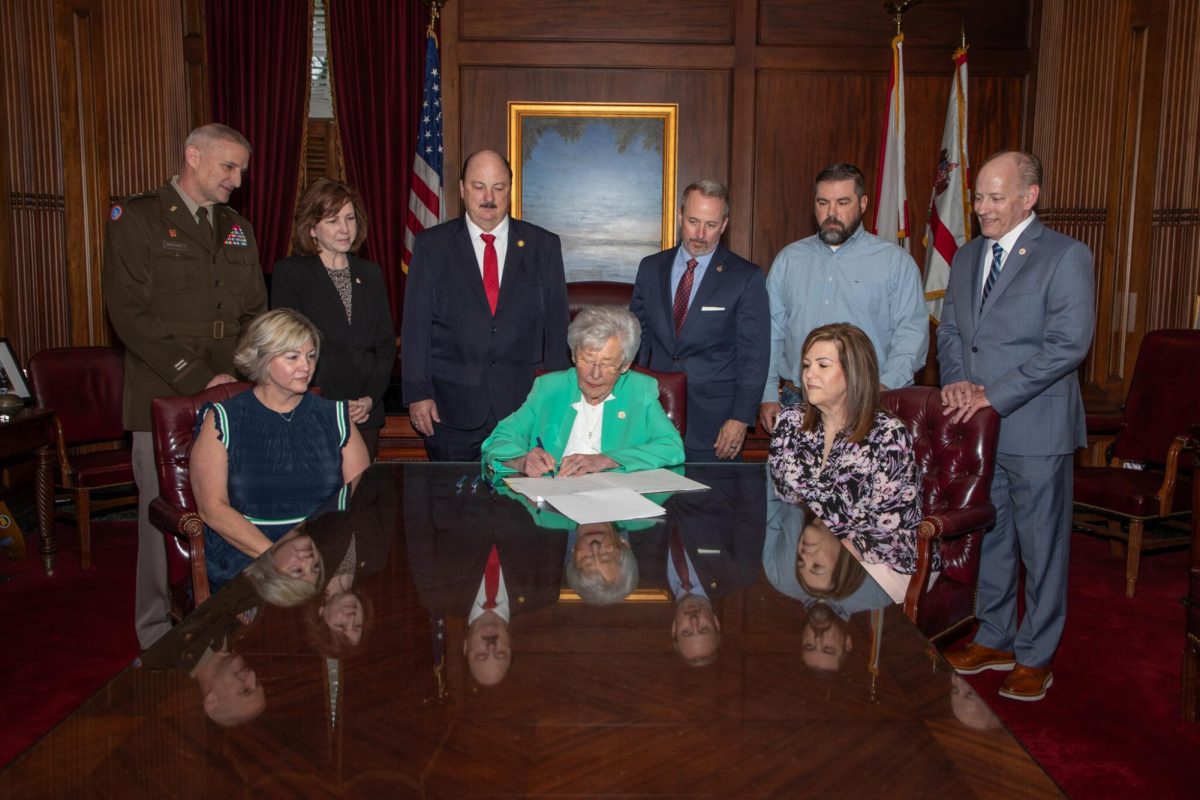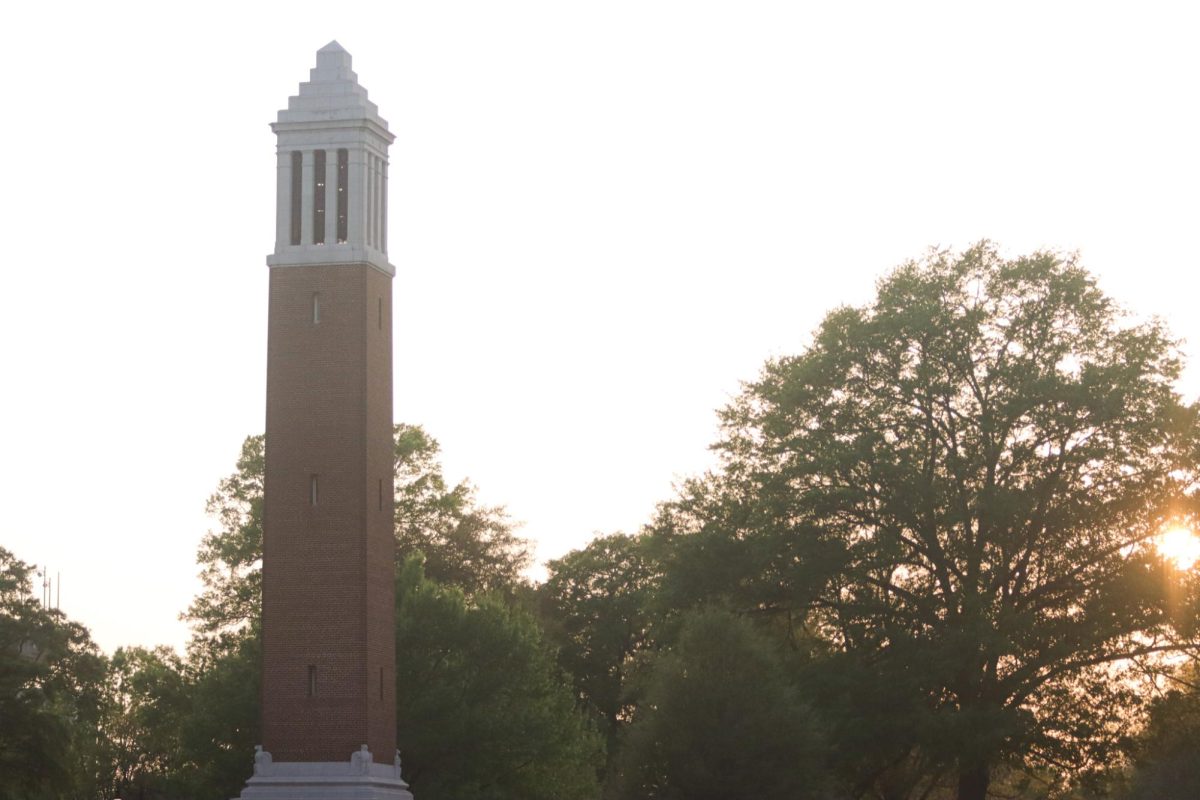Sarah Tishkoff, a biologist from the University of Pennsylvania, will give a lecture on her research of variations in the genetics of different African populations as a part of the Alabama Lectures on Life’s Evolution lecture series.
Tishkoff will present her lecture “African Evolutionary Genomics: Implications for Human Origins and Disease” Thursday at 7:30 p.m. in Biology Building Auditorium, Room 127.
ALLELE is a series organized by the Evolution Working Group, an organization that brings in lecturers and scientists to speak on the topic of evolution. The series aims to bring a better understanding of evolution to its audience.
“The idea of evolution isn’t something done by just biologists and anthropologists,” Jonathan Belanich, a senior majoring in biology and anthropology, said. “It’s done by geologists, physicists, chemists and astronomers as well.”
(See also “ALLELE series continues with Gregory Retallack lecture“)
In her research, Tishkoff uses field work, laboratory research and computational methods to study variations in the genetics of different African populations. Tishkoff’s work focuses on how genetic variations affect a variety of practical issues, including susceptibility to disease, drug metabolization and evolutionary adaptation.
“The point of ALLELE is to reach the widest audience possible with these lectures,” Sally Skelton, a senior majoring in anthropology, said.
However, the point of ALLELE isn’t just to gather crowds. The series is designed to bring people from multiple disciplines together to discuss evolution, Belanich said.
(See also “Smith Hall to host science, evolution celebration event“)
“ALLELE is doing what it was meant to do: to get more people talking about and studying evolution,” Belanich said.
ALLELE is sponsored by the College of Arts and Sciences and the departments of religious studies, speech pathology, geological sciences, biological sciences, anthropology and philosophy.
After Tishkoff, there will be two more lectures in the ALLELE series this semester.
Tishkoff’s lecture, the fourth in the series this year, is free and open to the public.
(See also “Rodgers Library to open lecture series with climate, bee talk“)



